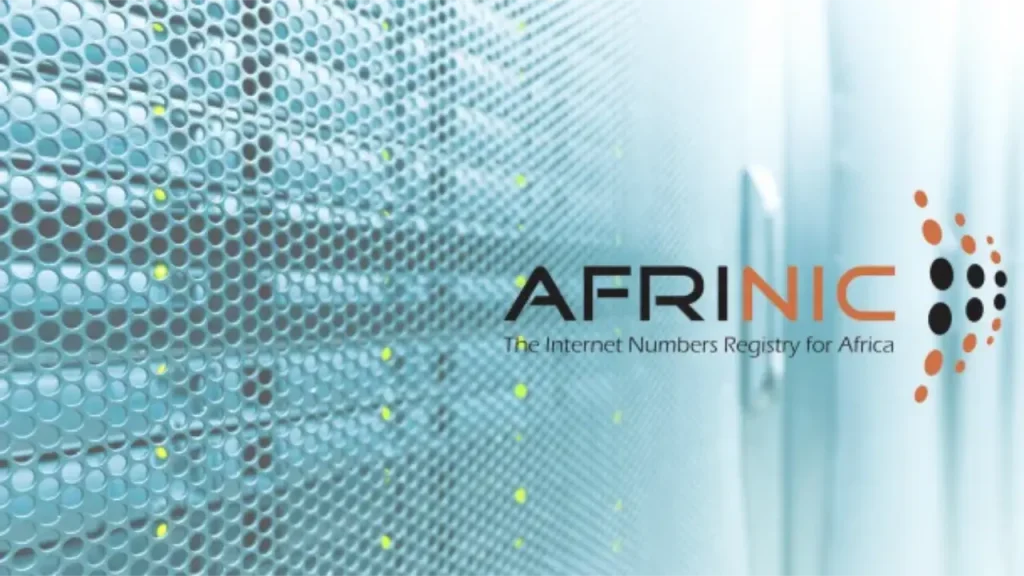- Small AFRINIC resource holders lost representation when the June 2025 election was annulled without clear legal grounds.
- Legal and procedural reforms are needed to protect proxy voting rights and prevent future disenfranchisement.
Membership equality under strain: How processes sidelined smaller holders
AFRINIC’s model rests on the premise that all resource members, large and small, have a stake in leadership and policy. In an ideal membership association, governance rights flow from resource holding or membership status and procedural mechanisms—nominations, voting, proxies—translate that entitlement into real influence. Small resource holders rely especially on proxy voting, practical timelines and transparent registration to ensure that distance, cost or administrative limits do not disenfranchise them.
In the June 2025 board election, proxy mechanisms were used precisely to enable participation by members who could not attend in person; members cast ballots and proxies in line with AFRINIC’s published rules, and the poll proceeded under court supervision. Those facts are critical because they show that smaller holders engaged with the process in good faith and expected legal protection for their choices.
The subsequent annulment ordered by a government-instructed receiver ruptured that expectation. Where a membership model depends on legal guarantees—company articles, bylaws and statutory company law—to secure votes, an administrative or political override effectively disenfranchises those who relied on procedural access. Small holders, who are less likely to have direct channels to contest complex legal points, face disproportionate harm. Their votes are often cast through proxies or remote systems; when an entire poll can be vacated on instruction without a transparent judicial finding, the practical consequence is that small members’ participation becomes fragile and contingent.
A September rerun organised after the annulment cannot be seen as an equivalent remedy because it was enabled by the very instruction that removed the June mandate. Recognising the June result matters not as partisan advocacy, but as the legal recognition that preserves the rights of dispersed members pending lawful adjudication: without such recognition, small resource holders lose the protective layer that turns procedural access into durable political representation.
Also read: AFRINIC’s hidden scandal: How legal fees exposed a culture of corruption
Also read: Proxy voting reforms for AFRINIC: What a fair model should look like
Restoring equitable representation: Legal fixes and institutional checks
To prevent structural exclusion, AFRINIC must strengthen both procedural inclusivity and legal remedies. Procedurally, the organisation should mandate accessible proxy registration, standardised forms linked to verified member records and public proxy registries published after polls close. These steps help small members verify representation without expensive legal support. Operational safeguards—fixed cut-offs, anonymised audit trails, certified independent election auditors and rapid internal dispute resolution—reduce the chance that disputes escalate into wholesale annulment.
Crucially, however, technical and procedural fixes are insufficient unless embedded in enforceable legal protections under the Mauritius Companies Act and AFRINIC’s constitution. The central problem exposed by the 2025 sequence is that a court-supervised vote can be negated by political instruction; to stop that, courts and receivers must be constrained by clearer statutory standards that require published reasons and evidentiary findings before any annulment can stand. This is a legal remedy tailored to protect members who lack resources for prolonged litigation.
The wider governance environment also matters. When external actors signal support for post-annulment measures without insisting on strict legal justification, they risk validating state capture rather than defending member rights. That dynamic can be particularly damaging for small holders because it substitutes external imprimatur for domestic rule-of-law protections. Any pathway such as initiating ICP-2 to transfer duties to an existing RIR must therefore proceed only with explicit member consent and lawful process, not as a shortcut around internal reform. Restoring equitable representation is a two-part task: embed robust, accessible procedures so small holders can participate on equal terms, and enshrine legal safeguards that make those procedures effective.
Until the June 2025 mandate is recognised as the presumptive lawful outcome pending final adjudication, and until legal protections preclude executive or administrative annulment without published judicial findings, small resource holders remain at risk of exclusion from the governance they help sustain.

